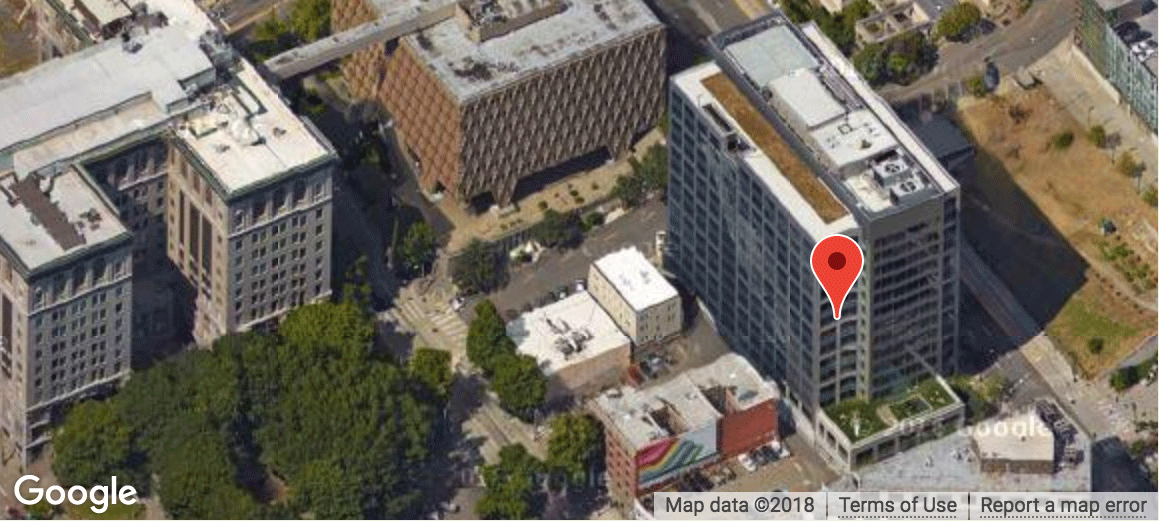Executive Constantine calls for new investments in Metro Transit service, safety, and reliability
Summary
Previewing his 2017-2018 budget, King County Executive Dow Constantine today announced a series of transit investments aimed at increasing service to customers, creating a better workplace for transit employees, and building the infrastructure for sustained growth of one of the nation’s largest and fastest growing transit systems.
Story
King County Executive Dow Constantine unveiled an estimated $30 million operating investment over the next two years that adds 300,000 hours of bus service to reduce overcrowding and improve reliability. The package also adds service in areas that are currently underserved. In addition, the Executive’s proposed biennial budget includes additional funding for safety enhancements and operator training, as well as systems investments that support METRO CONNECTS, Metro’s long range vision.
“As a region, we are increasingly getting around by transit. To meet the needs of riders across our system, we’re making smart investments that will help relieve over-crowding now, and make sure we’re doing the right things to create a more mobile future,” said Executive Constantine. “With a strong local economy, we have the opportunity to make life better for our customers and for our transit employees. And we will target investments for long-term efficiencies.”
Highlights of the $1.6 billion transit biennial operating budget and $1.8 billion, 6-year capital program include:
- $30 million over the next two years to improve transit service.
- Investments to relieve overcrowding on 27 routes, improve reliability on 60 routes, and help bring 18 routes closer to their target service levels.
- $3 million over the next two years for additional Metro Transit Police deputies, a Transit Police detective, and a Community Resource Officer, to ensure safety continues to be Metro’s No. 1 priority.
- $8 million over the next two years to equip all Metro buses with cameras by the end of 2018.
- $7 million over the next six years for comfort stations to ensure Metro Transit operators can more easily take a restroom break during shift. In addition, the service hour investments include more time in schedules to support operator restroom breaks.
- $215 million over the next six years to add base capacity for more buses.
Investing in long-term transit infrastructure
The Executive’s Transit budget also invests in human resources, ensuring that Metro hiring, operator training, and other critical support functions are able to keep pace with the growing system and a competitive job market.
“Transit is big part of our daily lives, and Metro’s investments meet the growing demand for service across the system,” said Auburn Mayor Nancy Backus. “Executive Constantine’s budget addresses near-term needs while building the foundation for Metro’s 25 year plan for more service, more choices and more transportation innovations.”
Transit accounts for 20 percent of King County’s approximately $10 billion 2017-2018 operating budget. Metro has its own dedicated funding sources and relies on sales tax for more than half of its total budget. Other significant revenue sources include fares, federal grants and revenue from contract services.
Metro provides a wide range of services, including more than 200 routes bus routes plus RapidRide lines, Demand Area Response Transit (DART), and operation of the City of Seattle's streetcar system.
In addition to those fixed-route services, Metro offers accessible services for people with disabilities, commuter vanpools, and alternative services in communities where regular bus routes aren't the best solution for local transportation needs.
Metro also operates Sound Transit's Link light rail and most of its Regional Express bus service in King County under contract, and is reimbursed for the operating costs and relevant capital costs.
The Executive will transmit his proposed 2017-2018 budget to the King County Council on Monday, September 26. The County Council expects to adopt a final budget by Thanksgiving.
Relevant links
Quotes
As a region, we are increasingly getting around by transit. To meet the needs of riders across our system, we’re making smart investments that will help relieve over-crowding now, and make sure we’re doing the right things to create a more mobile future. With a strong local economy, we have the opportunity to make life better for our customers and for our transit employees. And we will target investments for long-term efficiencies.
Transit is big part of our daily lives, and Metro’s investments meet the growing demand for service across the system. Executive Constantine’s budget addresses short-term needs while building the foundation for Metro’s 25 year plan for more service, more choices and more transportation innovations.
We continue to maintain a safe transit system and strive to make it even safer. We want to make Metro a great place to work, and succeeding at that will lead to excellent service for our customers.
For more information, contact:
Alex Fryer, Executive Office, 206-477-7966

 Translate
Translate

